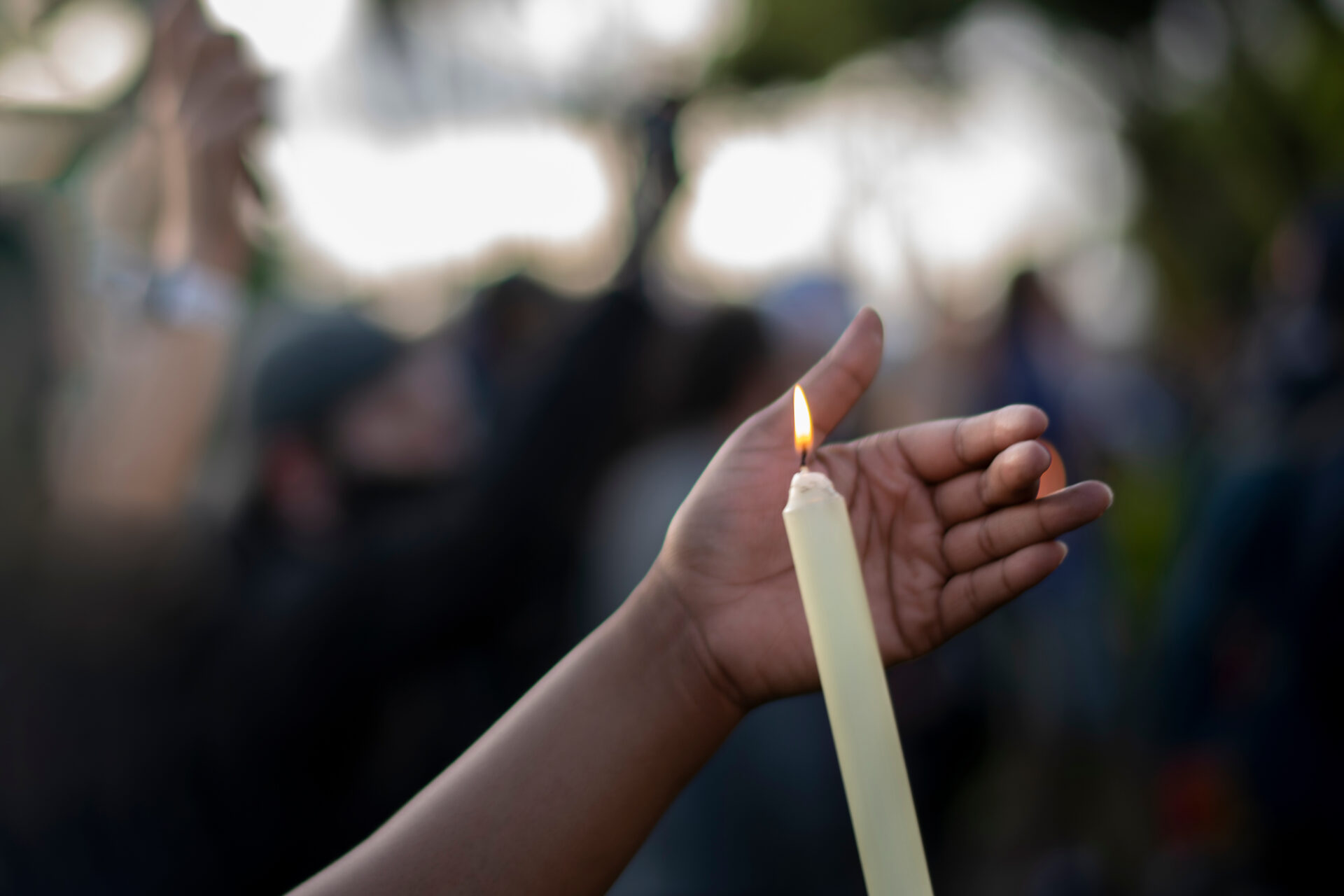The West Virginia Council of Churches will hold a Service of Remembrance and Repentance for those who were lynched in West Virginia.
The service is to be held on Juneteenth at 6:30 p.m. on the steps of the Capitol building. It will be a time of reflection on West Virginia’s history of racism, remembering those who were murdered, and repentance of the state’s complicity in the practice of lynching.
Rev. Ronald English, former Pastor of First Baptist Church of Charleston, will deliver a message at the service.
“I think that intention was not to so much bring around regret, or guilt in terms of what they are up to, but they do want to make sure that we connect the suffering and the deaths of African Americans, and particularly in the state of West Virginia because we didn’t know that they have a burial ground of African Americans in the state of West Virginia until very recently,” English said.
The service is a program of the council’s Dismantling Racism Task Force, which has focused its efforts on establishing a West Virginia Historical Remembrance Project to help the state understand its past and to place a monument on the State Capitol Grounds highlighting African American history in West Virginia.
Pastor Kay Albright sits on the board for the task force and said it is important to face history and repent for wrongdoing.
“Well, it is important for people to realize the gravity of the lynching back in the 1800s, 1900s,” Albright said. “And it’s important to have a day, which is freedom has not been freedom for these lynching victims, and we want them to be free. And so we’re saying we’re having the service to name them and to have freedom for them.”
